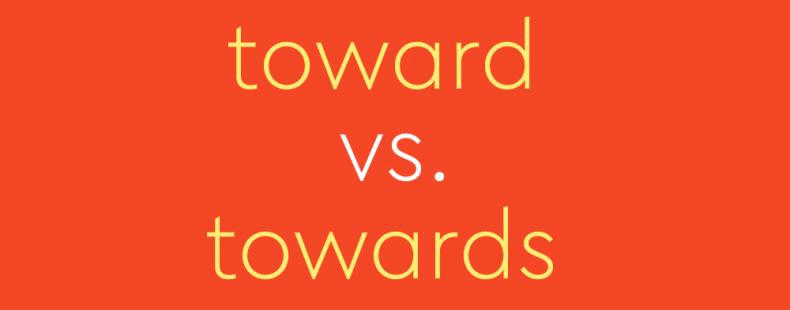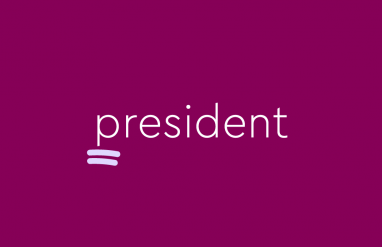Do you move toward something or towards something? It turns out, you can do both, though some contexts favor one over the other.
Is toward or towards correct?
Both of the words were recorded before 900 and are derived from the Old English word toeward, which means “in the direction of.”
According to the Chicago Manual of Style, the preferred form in American English is toward without the -s, while the preferred British English form is towards with the -s. This general rule works with other directional words, including forward, backward, upward, and downward, along with afterward.
How do you use toward and towards?
Toward and towards are two interchangeable words. It’s unclear why the regional difference developed, as the words are used exactly the same:
- The boy ran toward the puppy. (American English)
- Some snow is expected towards the end of the week. (British English)
In fact, even within the UK and US, speakers are bound to interchange toward and towards—in spite of the style guides. What applies to formal written English does not always apply to informal settings, both written and spoken. American English speakers often use towards in colloquial speech and writing, and toward sometimes pops up in British English.
Interestingly, both terms toward and towards appeared around the same time. For example, Chaucer wrote The Canterbury Tales in a time before English spelling was standardized. Despite being a British text, he uses toward without an -s, the accepted American English variant today.
As early as 1867, grammarians have debated the proper spelling of toward, with American writers rallying around toward without the -s. However, the reality is there exists no clear-cut rule that would dictate that spelling.














